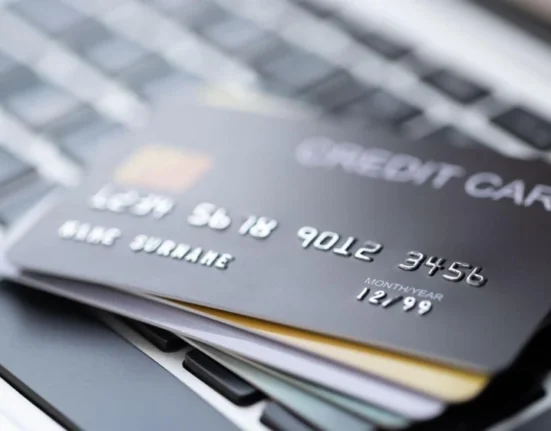Introductory Story
Never the less I had ever faced any loan recovery agents in my so far life journey till the time I encountered a unknown call last evening from a arrogant lady caller. I learnt after few minutes that the call is from recovery agency. The lady with aggressive speech claimed that she needs to be connected to a person name Rohit Kumar, who may have somehow related to me as the alternate communication number displayed on their records was that of me. To my surprise I politely replied of not knowing any person by such name and disconnected the call saying it’s a wrong number. Unbelieving me she kept on calling from different alternate numbers by harassing me making multiple calls.
This unwanted harassment made me to learn on this horrible recovery thing and so the blog got its existence. In our view any loan borrower must go through this blog once a while, and keep themselves updated with this recovery agents & agencies.
Loan Recovery
As we all know the term loan recovery means collecting i.e. recovering the overdue outstanding amount of money borrowed i.e. the loan taken. For doing so banks may have their own in-house collection department or they may outsource the job to a third-party collection agency also referred as recovery agency. Such recovery agencies & agents work on a commission basis and are, therefore, highly motivated to show efficiency. While doing so they make impulsive use of aggressiveness for recovery collection. There are instances where customers have committed suicide or developed health problems due to the menacing behaviour of these recovery agents.
Although the RBI has framed guidelines in 2007 on how debt recovery agencies should approach customers and conduct their business, yet many of us are still unaware of this guidelines on the training recovery agents and methods they may adopt for collection. The BCSBI – Banking Codes and Standards Board of India quotes that, “the collection policy is built on courtesy, fair treatment and persuasion” but these guidelines and rules seem to have made little impact on the way recovery agent function.
It is seen that banks hire musclemen to carry out their collection recovery even when the Supreme Court has reiterated that they cannot deploy goons for recovering loans from loan defaulters. Irrespective of the courts reiteration on recovery policy, the loan defaulters and their families still faces humiliation in front of relatives- family and friends, intimidation and physical threats from the recovery agents. As stated earlier, since the agencies work on commission basis, they have big targets to achieve and thereon receive incentives / commission linked to the number/volume of collections made. This is why they are more motivated, aggressive and sometimes even abusive and not easy to handle most of the time.
Our Conclusion & Measures:
No bank likes non-performing assets, or bad debts, on their balance sheet. When a debt is not paid for three consecutive months it becomes a bad debt. In general, if the debt is unpaid for a month, the collection recovery agency calls the customer and sends reminders for the recovery. But when the debt becomes 90 days overdue, a recovery agent’s personal visit is arranged. However, this depends upon bank to bank’s policy.
The consumer forum websites like Consumercourt.in and Consumerlaw.in are flooded with numerous complaints from loan borrowers (defaulters) who tool Instant Personal Loan
being harassed by recovery agents on various occasions. In order to keep out of such mess, it is very important that the loan defaulter and the lender bank follow the corrective steps which may be:
1) Most important basic common sense, a borrower shall never borrow more than what he can comfortably repay. A borrower must know his eligibility.
2) If the agent gets abusive, the borrower must avoid retaliation in kind. Use of any derogatory language with agents can go against him on his record.
3) If a borrower thinks he is being harassed, he should first approach the bank, and if not satisfied by their response, he then should get in touch with the banking ombudsman.
4) Bank must ensure that all tele-callers and field executives are trained by IIBF (The Indian Institute of Banking and Finance- a registered company which imparts education in banking and finance) and undergo a mandatory DRA (Debt Recovery Agent) certification.
5) Banks must implement new structure for incentive distribution. Incentives to agency / agent should be given on the basis of recovery collections made only without breaking the rules & guidelines.
6) Lastly the banks must ensure recording of telephonic conversations between tele-callers and debtors i.e. loan defaulters, so that no debtor is abused by the caller.






